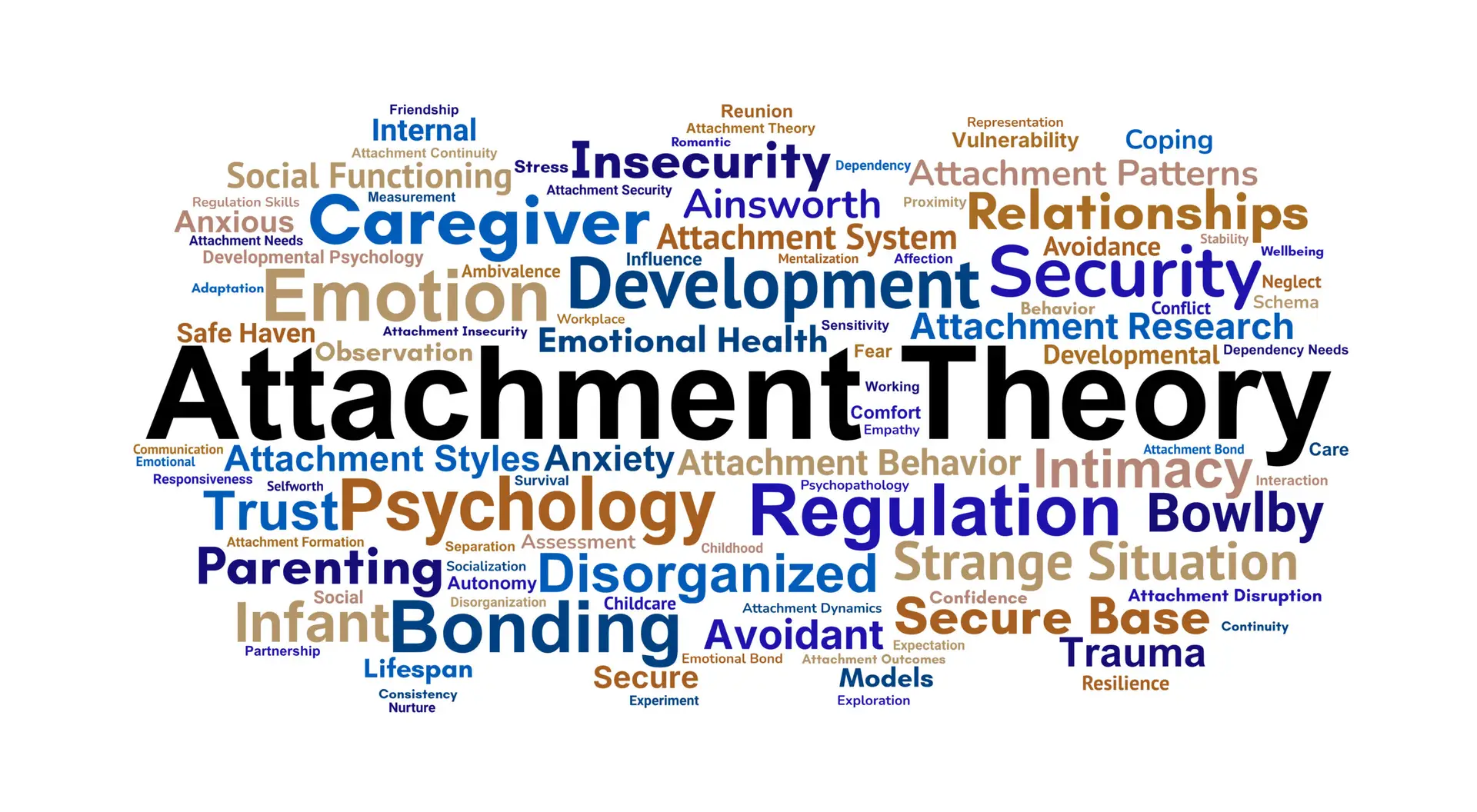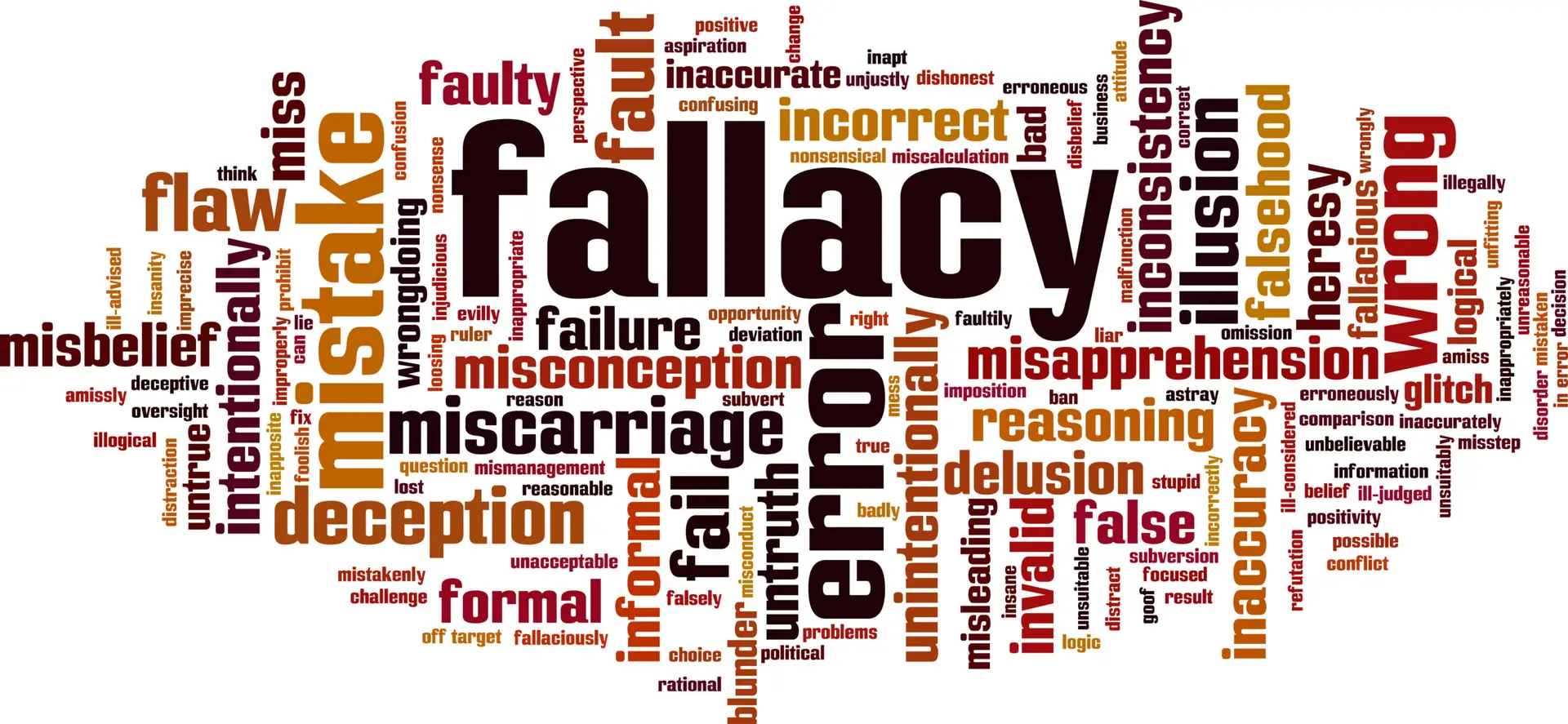Judith Herman is a psychiatrist and author who first proposed Complex PTSD as a separate diagnosis from PTSD.
The excerpt below is from the book Trauma and Recovery by Judith Herman M. D.
The Internal Conflict in The Witnesses of Trauma
“To study psychological trauma is to come face to face both with human vulnerability in the natural world and with the capacity for evil in human nature. To study psychological trauma means bearing witness to horrible events. When the events are natural disasters or “acts of God,” those who bear witness sympathize readily with the victim. But when the traumatic events are of human design, those who bear witness are caught in the conflict between victim and perpetrator. It is morally impossible to remain neutral in this conflict. The bystander is forced to take sides. It is very tempting to take the side of the perpetrator. All the perpetrator asks is that the bystander do nothing. He appeals to the universal desire to see, hear, and speak no evil. The victim, on the contrary, asks the bystander to share the burden of pain. The victim demands action, engagement, and remembering. Leo Eitinger, a psychiatrist who has studied survivors of the Nazi concentration camps, describes the cruel conflict of interest between victim and bystander: “War and victims are something the community wants to forget; a veil of oblivion is drawn over everything painful and unpleasant. We find the two sides face to face; on one side the victims who perhaps wish to forget but cannot, and on the other all those with strong, often unconscious motives who very intensely both wish to forget and succeed in doing so. The contrast . . . is frequently very painful for both sides. The weakest one . . . remains the losing party in this silent and unequal dialogue.”
In order to escape accountability for his crimes, the perpetrator does everything in his power to promote forgetting. Secrecy and silence are the perpetrator’s first line of defense. If secrecy fails, the perpetrator attacks the credibility of his victim. If he cannot silence her absolutely, he tries to make sure that no one listens. To this end, he marshals an impressive array of arguments, from the most blatant denial to the most sophisticated and elegant rationalization. After every atrocity one can expect to hear the same predictable apologies: it never happened; the victim lies; the victim exaggerates; the victim brought it upon herself; and in any case it is time to forget the past and move on. The more powerful the perpetrator, the greater is his prerogative to name and define reality, and the more completely his arguments prevail.
The perpetrator’s arguments prove irresistible when the bystander faces them in isolation. Without a supportive social environment, the bystander usually succumbs to the temptation to look the other way. This is true even when the victim is an idealized and valued member of society. Soldiers in every war, even those who have been regarded as heroes, complain bitterly that no one wants to know the real truth about war.
When the victim is already devalued (a woman, a child), she may find that the most traumatic events of her life take place outside the realm of socially validated reality. Her experience becomes unspeakable.
The study of psychological trauma must constantly contend with this tendency to discredit the victim or to render her invisible. Throughout the history of the field, dispute has raged over whether patients with posttraumatic conditions are entitled to care and respect or deserving of contempt, whether they are genuinely suffering or malingering, whether their histories are true or false and, if false, whether imagined or maliciously fabricated. In spite of a vast literature documenting the phenomena of psychological trauma, debate still centers on the basic question of whether these phenomena are credible and real.”
Many people from narcissistic families who have suffered emotional neglect and narcissistic abuse can minimise and deny their experiences as being, ‘not that bad.’ They compare themselves to others who have lived through wars, concentration camps, hostage situations and the like and they conclude they have no right to complain and thus they minimise their own suffering. Whether on a societal level or a familial one, coming face to face with the capacity for evil in human nature has profound effects on the person/s on the receiving end.
Herman also states:
“Observers who have never experienced prolonged terror, and who have no understanding of coercive methods of control, often presume that they would show greater psychological resistance than the victim in similar circumstances. The survivor’s difficulties are all too easily attributed to underlying character problems, even when the trauma is known. When the trauma is kept secret, as is frequently the case in sexual and domestic violence, the survivor’s symptoms and behavior may appear quite baffling, not only to lay people but also to mental health professionals. The clinical picture of a person who has been reduced to elemental concerns of survival is still frequently mistaken for a portrait of the survivor’s underlying character.”
Please read the articles: Was it that Bad? and: The Effects of Verbal Abuse
Further Reading:
A pdf of Trauma and Recovery can be found here for download:
https://www.beyondthetemple.com/wp-content/uploads/2018/04/herman_trauma-and-recovery-1.pdf
In this video I read an extract from Judith Herman M.D.’s book, Trauma and Recovery, which talks about the reasons why trauma is so often ignored.







